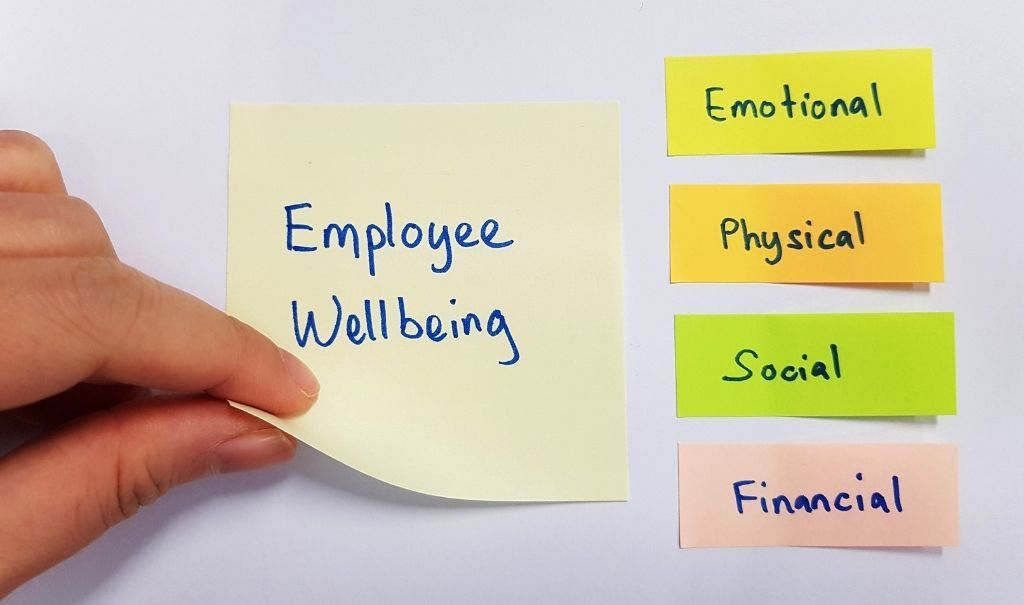10 Breaches of the ACAS Code

| W.E.U Admin | Workplace Wellbeing
TAGS: ACAS
The Workers of England Union is an independent trade union that represents members in disciplinary proceedings, grievances, redundancies, appeals, TUPE transfers, company restructures, and Employment Tribunal advocacy. Our Employment Advisers are experts in identifying the 10 common breaches of the ACAS Code of Practice on Disciplinary and Grievance Procedures, as well as other lesser-known infringements of ACAS guidelines and employment law that can strengthen your case.
In unfair dismissal claims, employment tribunals take the ACAS Code of Practice on Disciplinary and Grievance Procedures into account. They may increase compensation by up to 25% if an employer unreasonably fails to follow it. Below are the most common pitfalls employers encounter when handling disciplinary matters.
1. Failure to Warn of Possible Consequences
Case: Gurnett v ASOS.com Ltd
Employers must inform employees of the potential outcomes, including dismissal, from the outset. This ensures the employee has a fair chance to prepare a defence and is not surprised by severe sanctions later in the process.
2. Lack of Clear Accusation Details
Case: O’Farrill v New Manage Ltd t/a Hooks Gym London Shootfighters
The disciplinary allegations should be explained clearly and consistently. Employers can add new allegations during the investigation, but any sanction must relate only to issues that were properly investigated and communicated as part of the process.
3. Not Furnishing the Employee with Relevant Evidence
Case: Archer and another v Solvent Resource Management Ltd
Employers should provide all evidence—typically witness statements—in advance of the disciplinary hearing, or at least with sufficient time for the employee to prepare a defence.
4. Not Operating a System of Warnings Where Appropriate
Case: O’Farrill v New Manage Ltd t/a Hooks Gym London Shootfighters
While serious misconduct may justify summary dismissal, minor offences usually call for a series of formal warnings before considering dismissal.
5. Denying the Right to Be Accompanied
Case: Campbell v Mitie Managed Services Ltd
Under statutory rights and the ACAS Code, employees can request a companion at any disciplinary or grievance hearing. Employers must grant this request if it is reasonable.
6. Relying on Uncorroborated Evidence
Case: Doyle v European Trade Exhibition Services Ltd
Although a single witness statement can sometimes suffice, employers should always seek corroborative evidence to support any disciplinary findings.
7. Absence of an Adequate Appeal Stage
Case: Medhin v Compass Group UK & Ireland Ltd t/a Restaurant Associates
A fair appeal process is fundamental to natural justice. Employers must offer an unbiased appeal and avoid making it a mere formality.
8. Failing to Keep Clear Records
Case: Bentley v Supertravel Omnibus Ltd
Detailed records of each stage of the disciplinary process protect employers in tribunal claims and prevent inconsistencies in witness testimony.
9. Unreasonable Delays in Proceedings
Case: Towart v Northumberland Tyne and Wear NHS Foundation Trust
Most disciplinary matters should conclude within weeks. Tribunals disfavour unexplained delays, though complex cases (e.g., fraud or criminal allegations) may require more time.
10. Assigning One Person to the Entire Process
Case: Archer and another v Solvent Resource Management Ltd
Ideally, different individuals conduct the investigation, hearing, and appeal to ensure impartiality, although small employers may face practical constraints.
workersofengland.co.uk | Independent Workers Trade Union


















